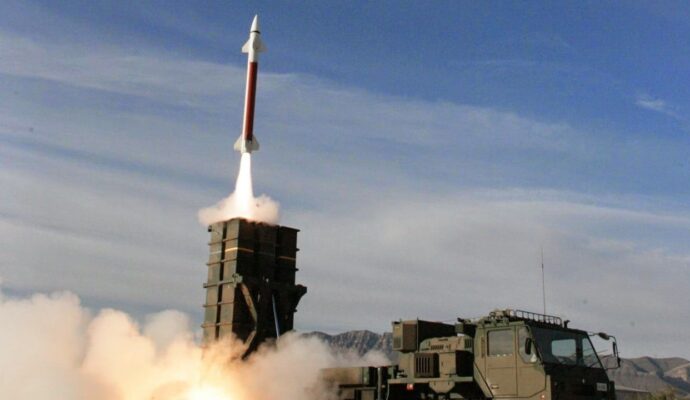
Advertisement
Yusufu Aibibula, a theoretical physicist from Xinjiang University in China’s west, decided to change careers to raising chickens after his eighth consecutive application for a national science foundation grant was rejected.
Aibibula was passionate about the niche field of statistical physics and hoped to secure research funding but was stymied by failures and disappointments, China Science Daily reported last month.
His experience reflects that of many researchers seeking funding in China and is especially common among those unaffiliated with a prestigious research institution or team.
Over the past two decades, China has substantially expanded its investment in science and technology. Total research and development expenditure has increased from 300 billion yuan (US$42 billion) in 2006 to 3.3 trillion yuan in 2023, according to the journal Forum on Science and Technology in China.
Advertisement
However, long-standing underlying issues remain unresolved, including a chronic glut of funding applications and the bulk of resources going towards a small number of top-tier teams.
Although many countries face challenges balancing a demand for research excellence with equitable funding distribution, the issue is particularly urgent for Beijing, which seeks to eclipse Western dominance in science and technology and lead the world.

